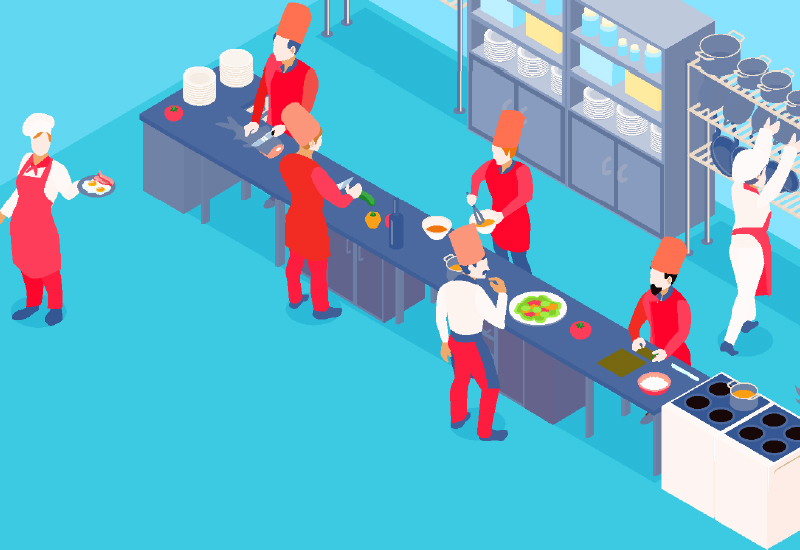Michelin Guide
Caterer first asked chefs if they thought Dubai was ready for a Michelin Guide last year. In 2016, 68% of respondents said Dubai was ready however, this year the amount of positive responses decreased to 59%. This could indicate that chefs in the region are placing less stock in fine dining establishments and moving towards the more casual, ingredient-driven concepts that we’ve seen emerge across the city in the past year. Still, one of the respondents threw all of their support behind the Michelin Guide coming to Dubai saying: “I honestly believe that the restaurants in Dubai can challenge any restaurant on the Michelin Guide.”
Marina Social’s head chef Best echoed this sentiment: “As the majority of my experience in the UK is from Michelin-starred kitchens I really understand the intensity of work that goes behind the scenes to obtain a star. I feel that there are a handful of restaurants that could obtain a star and Dubai needs to attract food travellers to come try what I believe is a trendy food scene here in the UAE.”
Another chef was of the opinion that: “Most of the customers cannot really appreciate the value of a Michelin star, most of the fine diningrestaurants are struggling. Only if The Guide itself changes and starts appreciating the overall experience without the fancy set up and the overpriced ingredients.”
Though some chefs were optimistic about the arrival of The Guide, supply stream challenges were cited as a concern. One chef said: “There are plenty of good places and good investment, the only thing is that Michelin expects local produce on menus and here that is a bit hard.”
Zahira Dubai executive chef, Greg Malouf has strong opinions about the Michelin Guide’s arrival in the region: “Nothing grows here naturally except for camels and dates. Chefs instinctively gravitate to stunning fresh produce. Michelin restaurants thrive on delivering excellence in service. From my own experience, The Michelin Guide likes to see home-grown restaurants, originality, longevity and consistency.”
Staying Local
Being able to source high quality local produce is a major concern for most chefs with 78% of respondents citing quality ingredients as the most important factor for the success of their restaurants closely followed by good customer service at 64%. In fact, in response to what he most disliked about his job, one chef answered: “The lack of knowledge and understanding of good produce in the region.”
The good news is that more chefs are sourcing local produce than they were last year. In 2016, 23% of participants stated that 20-30% of the items they procured were local and this year 28% of chefs said that 20-30% of their ingredients were sourced locally. Not only are chefs sourcing locally, they are also growing their own ingredients: “We have our own organic boxes where we grow small amount of herbs and vegetables and we work with local producers.”
This is an important development for chefs as well as customers, who want to know where their food comes from. When asked what additional support would facilitate their jobs, a participant said: “Being able to have great fresh produce available more easily and not so expensive to enhance customer experience.”
Being able to source ingredients locally is especially important for outlets that are striving to be sustainable. In a region known for its disproportionately large carbon footprint, several outlets are introducing sustainable practices. One of the chefs gave some examples: “We have implemented a food waste management programme where we segregate food waste into garbage, plastic, paper and glasses. We also have a compost machine to reduce the wastage and reuse it for plants and we do charity and food donations. With regards to the menu, I have removed hammour and we go more with the option of buying goods from the local market.”

| Advertisement |









 Search our database of more than 2,700 industry companies
Search our database of more than 2,700 industry companies









